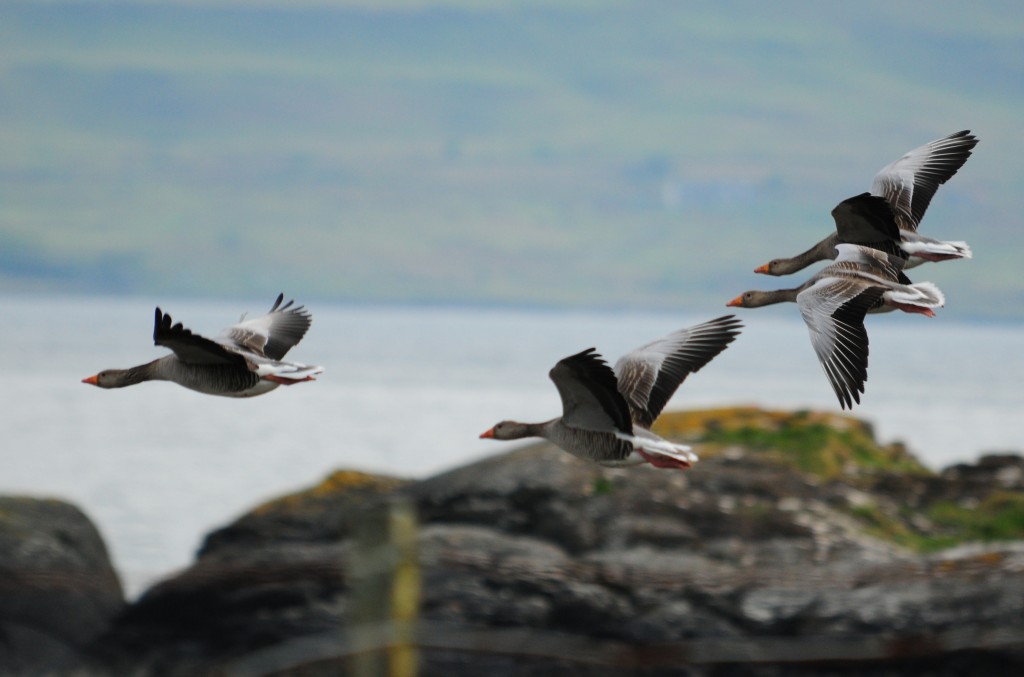Still Point, R S Thomas
In the universe one
world beneath cloud
foliage. In that world
a town. In the town
a house with a child,
who is blind, staring
over the edge of the universe
into the depths of love.
(R S Thomas, Collected Later Poems, p. 215)
Late in life, No Truce With the Furies reads like a poetics of defiance, in which Thomas seeks and gathers glimpses of a hopefulness that survives the vicissitudes, contingencies, misfortunes and inexplicables sadnesses and joys of human life. The economy of words and mixture of poignancy and prayerful longing saves this brief poem from pessimism. Who is the child in the poem? And where is the town? Is it Bethlehem, or the town where any one of us is born, or lives. "What are human beings that you care for them?" asks Psalm 8, the same reverent realism, but realism stretched to the limits of hope, under a night sky, contemplating our mortality, finitude and desire for significance in an indefferent universe.
Sometimes, and this is what makes him such an important Christian poet, R S Thomas strengthens faith by such qualified affirmations, impatient with mere devotional sentiment, dismissive of any faith that fails to give due weight to the tragic, and the mystery of a redemption which may have no better description than "staring / over the edge of the universe / into the depths of love."
"In the universe one world…", a phrase in which Thomas condenses the inevitable anthropocentrism of the human being in all of us who can never stand outside our own subjectivity, and therefore sees the universe from that centre of consciousness. In the universe there is only one world that ultimately matters, the world as we experience it, and try with such limited capacities to understand it and negotiate its gifts and dangers. In such a universe we cannot see into the vastnesses and intricacies of eternal purposefulness, and at times the chaos and randomness of historic existence flatly contradict such construals of meaning. So perhaps faith is to stare blindly over the edge of the universe, into the depths of love. And that last line in Thomas's poem is replete with a faith both questioning and humble, but also pointing towards a reality no less real because we cannot see it.
Another poet who looked at stars was the astronomer and physicist Rebecca Elson. She died before her fortieth birthday by which time she had an established reputation as a leading interpreter of Hubble images and researcher into globular clusters, the birth of stars and the nature of "dark matter". She was also a fine poet whose poems throb with her sense of wonder, awe and radical amazement at the mystery of existence as evidenced in the universe.
R S Thomas would have sensed a kindred spirit, a mind every bit as sceptical and interrogative about the meaning of existence and the problems of deriving from life and human consciousness a meaning for each individual life. Rebecca Elson remained agnostic, content not to know and too good a scientist to simply dismiss the possibility of God. Here is one of her poem fragments, which is a moving complement to the mixture of wonder and questioning of Thomas's late poems.
Let There Always Be light
(Searching for Dark Matter)
The photo was taken in late summer 2013, looking out to the North Sea from south of Stonehaven.

